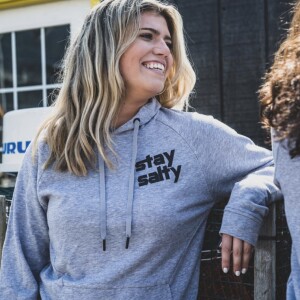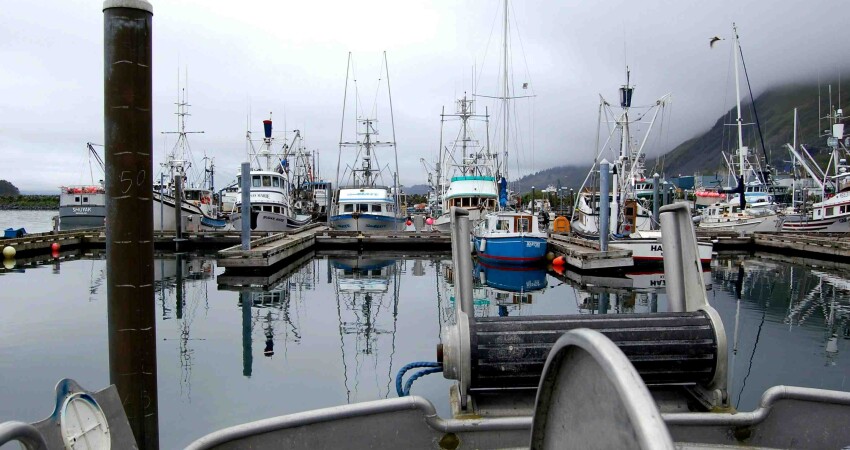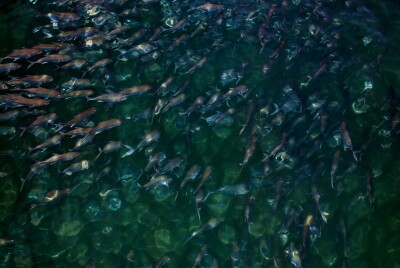ComFish is Alaska's once-a-year commercial fishing trade show, the largest and longest-running in the state. The 2024 show took place this past week, bringing together every aspect of the commercial fishing industry, from equipment, technology, and gear exhibitors to government agencies and nonprofits. The show includes forums on relevant topics to share ideas and fishing information with the public.
This year, Doug Vincent-Lang, a seasoned veteran with 34 years of public service at the Alaska Department of Fish and Game (ADFG), voiced his concerns about lawsuits, bycatch issues, and overfishing, according to an article from KMXT. The article delved into the commissioner's opening remarks, which centered around the concept of economic sustainability.
"Without a market, what's the use of having fisheries out there?" he shared.
Vincent-Lang spent 34 years in public service at the ADFG before accepting the commissioner position in 2019. He began working in the department as a fisheries research and management biologist for the Division of Sport Fish in 1981 and held that position for 28 years. During those years, he worked on many high-level research and policy issues for Alaska.
The commissioner's priorities in his position include the protection and maintenance of the state's right and authority to manage their fish and game resources and expanding outreach and educational efforts to ensure there is the next generation of hunters, fishers, trappers, and professionals.
In his speech at ComFish, he stated that when he initially took the job leading the department, he thought he was to answer questions mostly about biology and harvest rates; he said now, he also keeps an eye on the economic side of the industry.
According to the press, "I guarantee you it's not going to go unnoticed in terms of the amount of effort I'm going to put towards it (the situation) to make sure that we don't end up losing fishermen, processors, fisheries, and the importance that that has in terms of tax revenue to our local communities," he said.
The overall consensus at ComFish this year was that the entire commercial fishing industry is in trouble. Processing companies and fishermen alike have shared concerns about how global seafood markets affect them. Approximately 40% of the Kodiak Region is employed in the fishing industry, whether in fishing fleets or processing.
Vincent-Lang also shared that the federal government has stopped Russian seafood from entering U.S. markets, and Alaska fishermen can help fill those gaps. Though that was almost the extent of the good news, he also touched on concerns about the petition to declare Chinook salmon an endangered species.
"This is an attempt to shut down our fisheries, all out fisheries for the Gulf of Alaska," he stated. He also said that while stocks for the species are down, they don't need federal intervention.
Tribes, fisheries, and individual fishing companies have recently shared concerns and ideas about the declining salmon population at a North Pacific Fishery Management Council meeting in Anchorage. Opposing viewpoints from the At-sea Processors Association and tribal leaders have left pressure on salmon bycatch issues.
Vincent-Lang shared in the KMXT article that he wants to minimize bycatch by limiting fishing in areas where it's most common. "We're trying to tackle this using the innovation of the fishing industry, with some kind of performance metrics and new science- informing genetics- to keep the fishing industry in the water, hopefully," he said.







